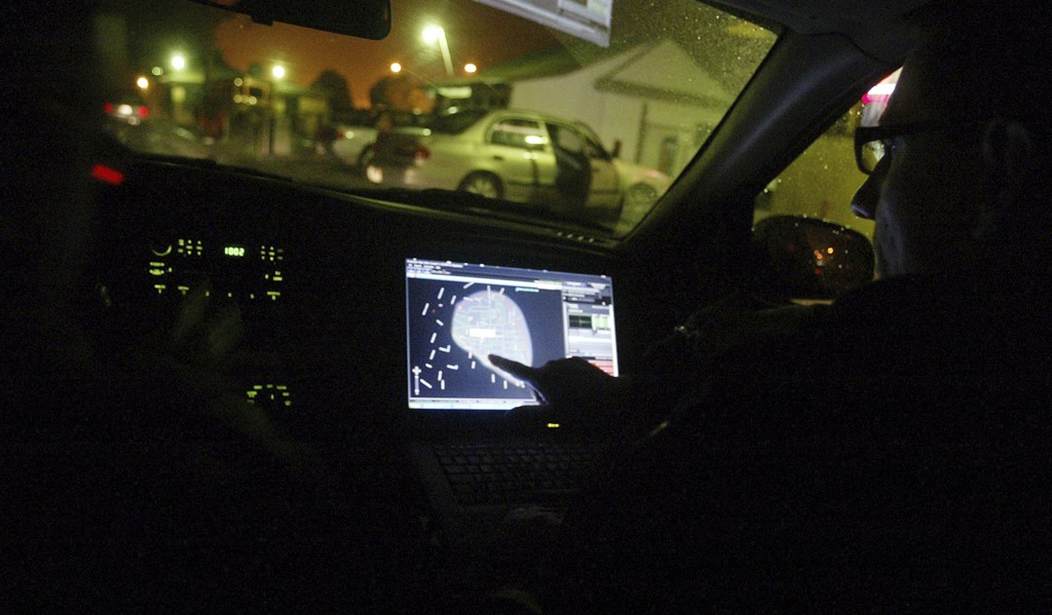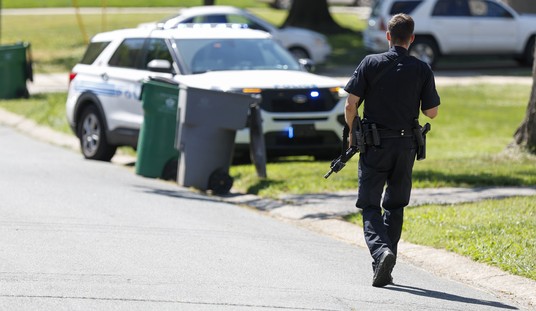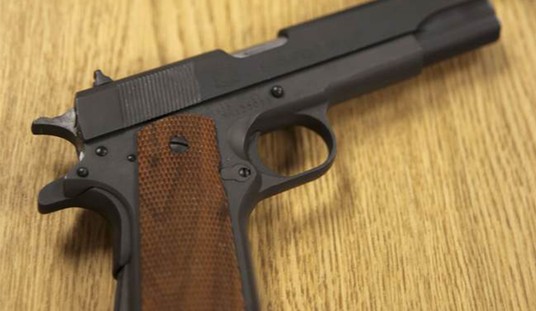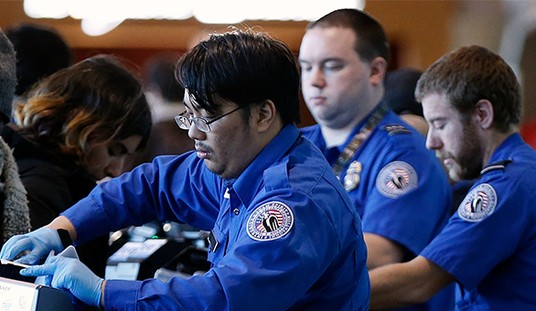ShotSpotter is a technology that basically just listens for loud noises. It's supposedly 97 percent effective, but an official for the company admitted in court that the number was the product of marketing, not engineering. A city like Chicago produces a lot of loud noises, which makes the technology a bit iffy.
In fact, a lot of people are uncomfortable with it completely. It doesn't help that it's mostly set up in black and Hispanic neighborhoods, which some view as racist. The fact that those neighborhoods also tend to have more shootings--actual shootings versus "positives" reported by ShotStopper--it kind of makes sense to put them there.
Now, the lawmakers in Chicago are waging a battle over the technology, and it's interesting who is taking which position.
Despite Mayor Brandon Johnson’s plan to rid Chicago of ShotSpotter, nearly all aldermen representing the neighborhoods where people are most likely to be shot still want the controversial gunshot detection system to stay in their wards.
Fourteen aldermen in the 17 wards with the highest gunshot victimization rates told the Tribune they want to see the police response tool remain. Those aldermen — all representing South and West Side wards — view the tool as a way to get first responders to gunshot victims faster, rather than the too-costly impetus for over-policing it has been labeled by opponents.
The group of supporters forms the backbone of a push to take future control of the technology out of Johnson’s hands. An order up for a final vote Wednesday is designed to give the City Council power to determine ShotSpotter’s fate.
“If it can just do one thing good and save a life, it’s worth trying,” West Side Ald. Emma Mitts, 37th, told the Tribune.
I've always found this argument ridiculous, myself. Especially as so many people in Chicago keep pushing gun control despite us being able to show how such laws have cost specific people their lives. Not just some nebulous, theoretical person but people who can be named.
That said, this is a slightly different case. ShotSpotter doesn't deprive anyone of their rights, so the argument is a little easier to swallow.
Or, it would if the technology actually worked as advertised, even remotely. The problem is that it doesn't. While it feels weird to agree with a Chicago mayor, Johnson isn't wrong to want to cancel the contract.
Why pay for something that generates so many false positives that it's basically useless?
Yet it seems that many of Johnson's nominal allies in a general sense aren't on board with this move. They're trying to scuttle his efforts to kill the contract.
But despite their concerns, ShotSpotter proponents in neighborhoods hard-hit by violence say they didn’t hear from the mayor’s administration before Johnson announced the city would cut off the technology starting in September.
“I’m not trying to throw him under the bus, but I just think they need to have this conversation with us, since we are out here, on what works and what doesn’t work for us,” Mitts said.
The legislation would require a full City Council vote to remove ShotSpotter from any ward, leading to speculation the measure would lead to ward-by-ward approval for the technology. Sponsor Ald. David Moore, 17th, clarified that he hopes the legislation allows ShotSpotter to remain throughout the city.
The truth of the matter is that most people don't realize that the technology doesn't really work and that it leads to a lot more cases of stop-and-frisk cases against young black and Hispanic men who did nothing wrong beyond being in the same place as a loud noise.
It doesn't lead to arrests. It doesn't lead to convictions. It doesn't lead to much of anything most of the time other than something Chicago lawmakers typically claim they're against.
I get that those who live in these neighborhoods want ShotSpotter in place, but that doesn't mean it's an intelligent use of Chicago's resources. More police on the streets--police who know the difference between a gunshot and some other loud noise--would accomplish so much more.
Then again, I'm not sure Chicago could get more police, even if they wanted to.







